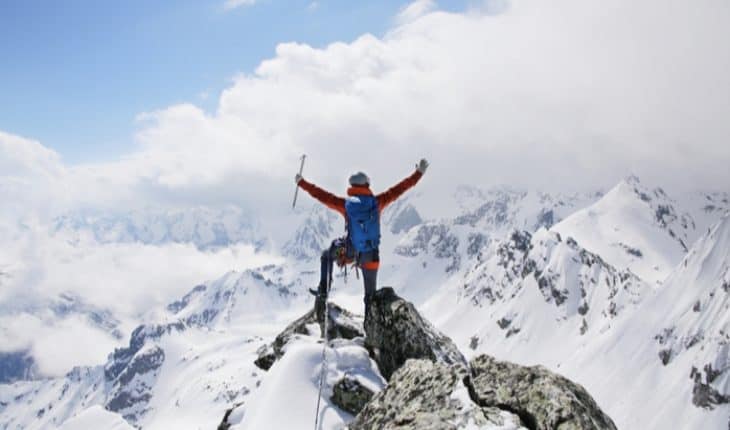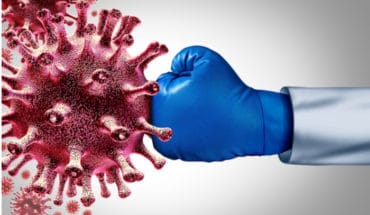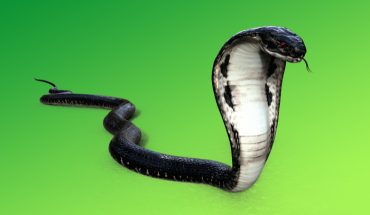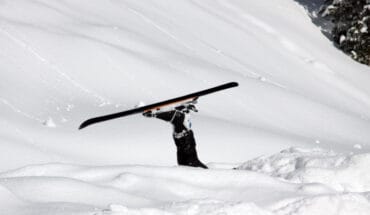Dr Matt Walton will be speaking at the upcoming World Extreme Medicine conference to be held in Edinburgh on 23-25 November.
I’ve always had an interest in extreme medicine since I received battlefield first aid training with the Newcastle Combined Cadet Force when I was at school. When I was at medical school, I volunteered as a first aider in the Calais and Dunkirk refugee camps which gave me insights into the challenges associated with pre-hospital care in difficult environments. I also enjoy mountaineering and recently got my Diploma in Mountain Medicine.
My ultimate aim is to become a medic with the Air Ambulance service – I was fortunate enough to do an observing placement with the Essex and Herts Air Ambulance and it is definitely something I would like to spend more time doing in the future.
The motivation for me is that I want to help save lives at the cutting edge of medicine. The ultimate reward is that you have the knowledge and skills to help in times of crisis. But it’s important to remember that if you are close to saving lives, you are also close to seeing death. Lots of people who are airlifted from the scenes of serious incidents don’t survive or have life-changing injuries. You need to understand that before you decide this is the area of medicine you want to specialise in.
The PTSD phenomenon in civilian medics and people working in the emergency services is 10 years behind the military. Medics who are working in front line emergency services, war zones and areas of conflict or crisis may well suffer from psychological trauma similar to military personnel, so to work in these types of environment you need to be resilient and psychologically prepared.
As someone who has worked in various areas of extreme medicine, I have witnessed awful things like hangings, murders and terrible injuries and it does have an impact. It’s not always a happy ending like on the TV.
My colleagues Dr Mike Christian and paramedic Tony Stone and I went to one particular case which was particularly traumatic and we realised afterwards that we needed to talk about it and process it. In the end, we made a video about our reaction and a “Resilience” training package” that we successfully trialled with Essex and Herts Air Ambulance observer students and which became free, open access and available to all air ambulance, police, fire and emergency organisations. These resources are now going to being used by Child Bereavement UK in National Air Ambulance Training and the Mental Health Charity, Mind.
Pre-hospital care and extreme medicine a very rewarding area of medicine to choose and I would recommend it, to those who understand all that it entails.
Following this, Matthew was assigned the role of ‘team medic’ for a 10,000-mile road expedition from London to Mongolia called the ‘Mongol Rally’, travelling across 19 countries in 6 weeks. During his clinical years, he volunteered as a first aider in Calais and Dunkirk refugee camps. As a result of this work, he developed an award-winning ‘First Year Aid’ course for Cambridge University students. For his medical elective, Matthew worked with Naya Qadam Trust to set up an amputee clinic in Bangladesh. In 2016 he was awarded the travelling fellowship award by the Faculty of Conflict & Catastrophe Medicine.
Since qualifying in July 2017 Matthew has taken a year out of practice to pursue his ambitions. He has directed his efforts towards fundraising for the construction of a permanent hospital in Bangladesh. He was invited to present his project to the Model United Nations at the Hague World Forum in 2018. Matthew is a keen mountaineer and is currently undertaking the Diploma in Mountain Medicine. Matthew has been further inspired to follow a career in pre-hospital care by his observing placement with Essex and Herts Air Ambulance.
- Extreme Medicine - 30th September 2019






